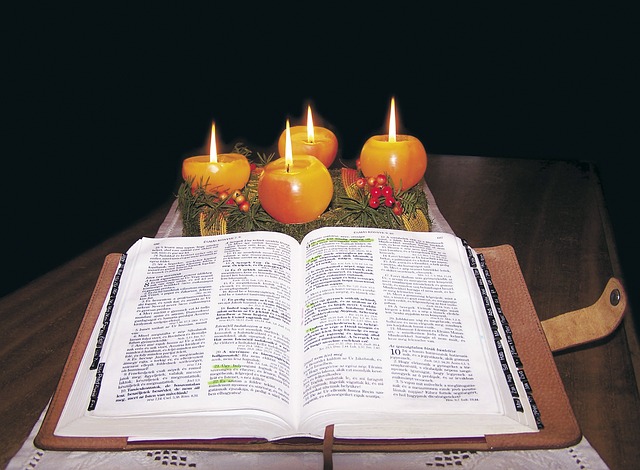Every individual, at some point in their life, experiences moments of fleeting despair or moral confusion. This intrinsic struggle can often lead to a profound desire for change, a yearning for redemption. This is where religion steps in, offering guidance, hope, and a pathway toward moral transformation. Through ancient scriptures and the teachings of countless spiritual leaders, religion has provided a framework that encourages believers to seek redemption, not just for themselves, but also for others.
Religion has a unique power to reshape the human experience; it serves as a moral compass to navigate the complexities of life. Many people turn to their faith during times of distress. It is common to hear stories of individuals who, after facing personal crises—be it addiction, loss, or despair—discover solace and renewal through religious practices. These experiences highlight how faith can serve as a vehicle for redemption, leading to a complete moral overhaul.
For example, in Christianity, the concept of salvation underscores the notion of redemption. The transformative story of Saul of Tarsus, who became the Apostle Paul, perfectly illustrates how one can transition from a life of persecution to one defined by love and acceptance. Such narratives inspire believers to believe in their own capacity for change, reinforcing the idea that no one is beyond redemption.
Similarly, in Buddhism, the practice of mindfulness and meditation provides a path toward self-reflection and transformation. Through understanding one’s own mind and actions, individuals can seek to redeem themselves from harmful behaviors and cultivate compassion. The teachings of Buddha emphasize that suffering is a part of life, but it is also through suffering that we can attain deeper moral understanding and growth.
Moreover, many religious communities offer support systems that foster moral transformation. These communities are often built on principles of love, forgiveness, and acceptance, providing sanctuaries where individuals can work through their struggles. Within these environments, the journey of redemption becomes communal, allowing for shared experiences, accountability, and encouragement. In many ways, these relationships become a form of divine grace, helping each member rise to their best self.
The role of ritual in religious practice also cannot be overlooked. Rituals, whether it’s prayer, fasting, or acts of charity, often serve as powerful tools for personal growth. Engaging in these practices regularly can promote reflection and instigate a deeper understanding of one’s actions. Consider the transformative power of confession in various faiths, where acknowledging wrongdoing opens the door to forgiveness and renewal.
Religious texts and teachings also emphasize the importance of compassion and empathy, core elements of moral redemption. The teachings of various religions encourage followers to reach beyond themselves, extending support and kindness to those in need. This emphasis not only assists in individual redemption but also fosters a sense of belonging and interconnectedness within the community, further promoting moral values.
The idea of redemption is innately tied to forgiveness, a cornerstone of many religious teachings. Forgiving oneself is often the most challenging part of the journey toward redemption. People may struggle with the weight of their past choices, but religions around the world offer paths to let go of this burden, fostering personal liberation. Through acts of penance, prayer, or participation in sacraments, individuals are guided to understand that redemption is attainable.
Ultimately, as one ventures through their moral journey, grounded in faith, the experience can be both humbling and elevating. The relationship between religion and redemption serves as a powerful reminder of the resilient human spirit. It illustrates how the embrace of faith can lead not only to personal transformation but also inspire others on their quest for moral clarity and renewal.




